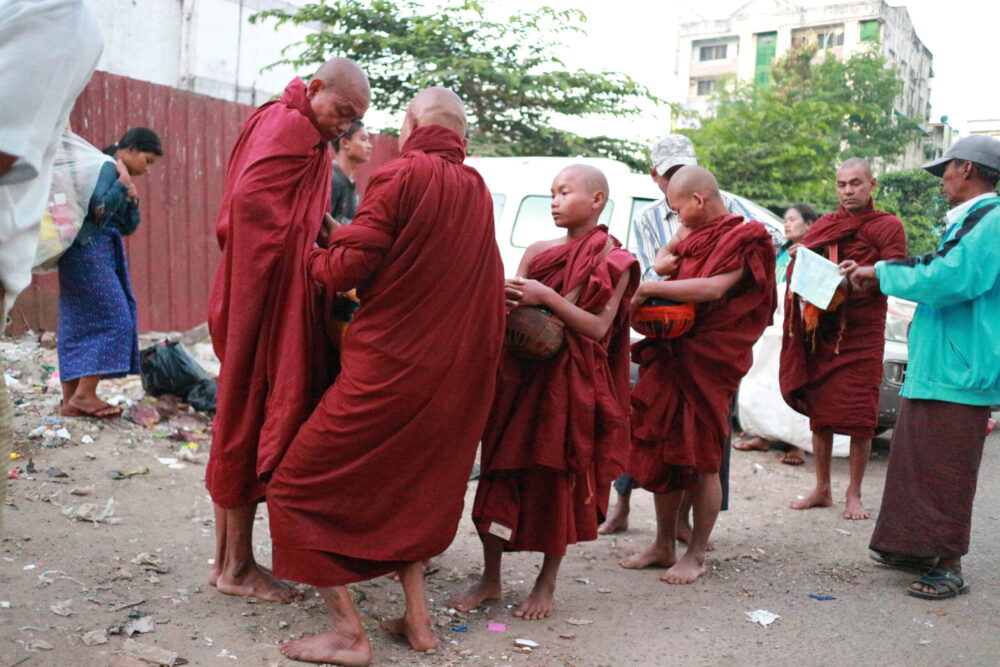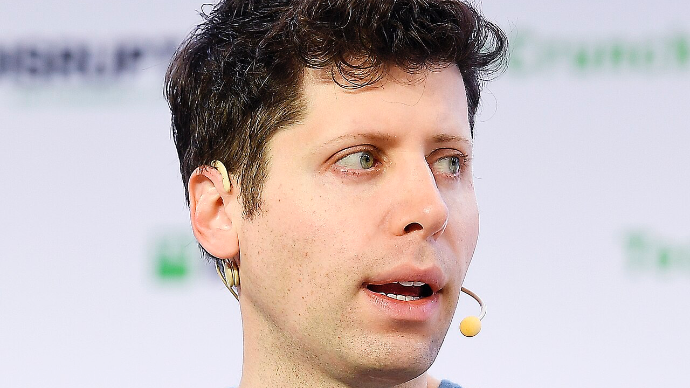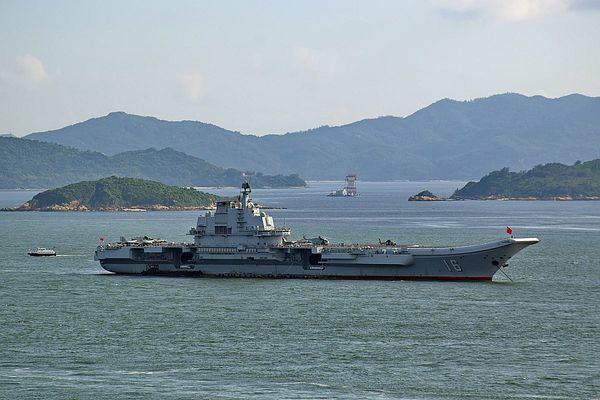[ad_1]
The Koreas | Politics | East Asia
The judge said the evidence collected so far raises “substantial suspicion” about Lee’s involvement in the Seongnam development case, but not to a level that warrants his detainment.
A South Korean judge on Wednesday denied an arrest warrant for the country’s opposition leader on broad corruption allegations, saying there wasn’t a clear risk that he would destroy evidence.
Lee Jae-myung, who awaited the decision at a detention facility where he would have been held had the judge approved his arrest, praised the court for “safeguarding constitutional order” and lamented that politics had become a “war about killing and eliminating the opponent.”
He did not answer reporters’ questions about the ongoing investigation into the allegations as he left the facility, walking gingerly with a cane and escorted by leading members of his liberal Democratic Party as hundreds of supporters chanted his name.
Lee, a former presidential candidate who ended a 24-day hunger strike on Saturday, attended the arrest warrant hearing at Seoul Central District Court that went on for more than nine hours on Tuesday.
Diplomat Brief
Weekly Newsletter
Get briefed on the story of the week, and developing stories to watch across the Asia-Pacific.
Get the Newsletter
The hearing was set up after South Korea’s opposition-controlled National Assembly voted last week to lift Lee’s immunity to arrest, an unexpected outcome that reflected growing divisions within the Democratic Party over his legal troubles months before a general election.
Lee is facing various criminal allegations, including that he provided unlawful favors to a private investor that reaped huge profits from a dubious housing project in the city of Seongnam, where he was mayor for a decade until 2018. Prosecutors also believe that Lee pressured a local businessman into sending millions of dollars in illegal payments to North Korea as he tried to set up a visit to that country that never materialized.
Lee has denied legal wrongdoing and accused President Yoon Suk-yeol’s conservative government of pushing a political vendetta. The Democratic Party selected Lee as its chairperson in August last year, months after he narrowly lost the presidential election to Yoon.
In denying prosecutors’ request for Lee’s arrest, the judge, Yoon Chang-hoon, said the evidence collected by them so far raises “substantial suspicion” about Lee’s involvement in the Seongnam development case but not to a level that warrants his detainment.
Advertisement
Yoon also said that prosecutors need more evidence to support the North Korea-related suspicions and that Lee’s status as a “political party leader subject to constant public scrutiny makes it difficult to conclude there’s a risk for the destruction of evidence,” according to a court statement.
Lee has been recovering since ending his hunger strike, which he staged in protest of Yoon’s policies, including the government’s refusal to oppose Japan’s release of treated wastewater from the damaged Fukushima nuclear power plant into the sea.
Lee has also accused Yoon of mishandling the country’s sluggish post-pandemic economy and of aggravating tensions with North Korea by expanding military training and security cooperation with the United States and Japan.
Ahead of last week’s parliamentary vote, Lee pleaded with lawmakers to vote against the motion submitted by the government to remove his immunity, saying his arrest would empower a “manipulated” investigation. Lee had previously said he was willing to give up his immunity because he was confident he could prove his innocence.
Some reformist members of his party had called for Lee to stay true to his words and endorse the motion seeking his own arrest. They said that would rally public support for the party, which has been sliding since Lee’s presidential election loss, and silence suspicions that he conducted the hunger strike to avoid arrest.
[ad_2]
Source link
















